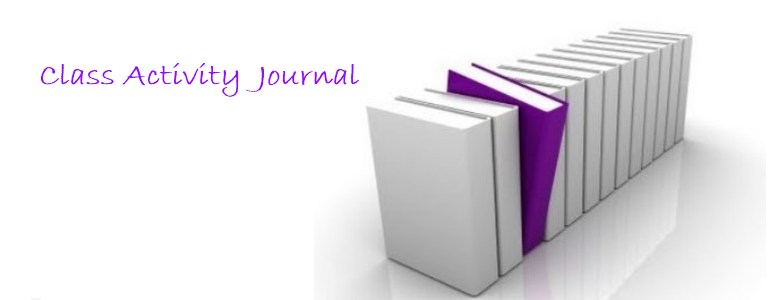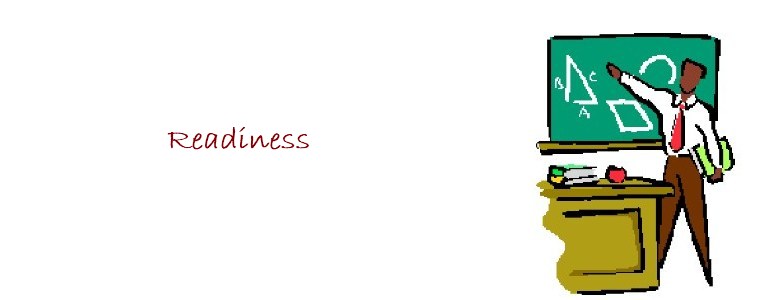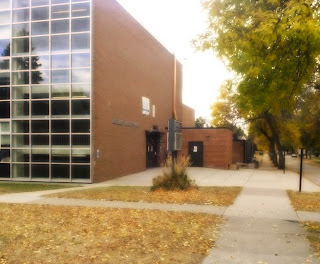Monday 12/17/12 to Friday 12/21/12, 8:00 AM- 4:00 PM
Reflection and Development
Area of Concentration:
Connecting Reflection and Development
Summary Report - Overall Practicum Reflection
Connecting Reflection and Development
Summary Report - Overall Practicum Reflection
I consider my urban teaching practicum experience to be a total and complete success! The multicultural classrooms of diverse urban learners combined with the steady and generous assistance from my host Cooperating Teacher made this the ideal capstone to my experience at Metropolitan State’s School of Urban Education. One thing I did very well during this residency was connect to the learners, teachers and school community. Despite the rigorous schedule, I was able to find time to create and maintain positive relationships. My greatest struggle was with classroom and personal time management.
Overall, I found I was able to maintain the schedule and meet my goals as an urban student and an urban teacher. The choice to have a pre-focus for each practicum week was an extremely successful system. Written reflections are only useful if they lead to action. The action is only useful if it empowers more thinking – through websites, reports, graphs, slideshows, etc. By pre-planning and "preflecting" on specific urban teaching standards and practices, and associating them directly with the production of specific artifacts, I was able to actively reflect on both process and progress.
As it concerns teacher preparation training itself,
this practicum has pointed to five items:
Being a successful urban learner-teacher requires a great deal of planning, structuring and organizing.
Being a successful urban learner-teacher requires balancing one’s own academic and professional concerns with concern for the learners.
Being a successful urban learner-teacher requires the ability to manipulate multiple educational perspectives.
Being a successful urban learner-teacher requires a tolerance for liminality -- that is to say, the ambiguous existence at the threshold between two, completely separate worlds.
Being a successful urban learner-teacher requires the academic skills for self-directed study and a ready capacity for active reflection.
This urban learner-teacher residency experience, overall, highlighted
Ten Critical Dispositions of the Effective Urban Teacher:
- The urban teacher believes that all learners can achieve at high levels and persists in helping each learner reach his/her full potential.
- The urban teacher respects learners' differing strengths and needs and is committed to using this information to further each learner's development.
- The urban teacher is committed to working with learners, colleagues, families, and communities to establish positive and supportive learning environments.
- The urban teacher realizes that content knowledge is not a fixed body of facts but is complex, culturally situated, and ever evolving. S/he keeps abreast of new ideas and understandings in the field.
- The urban teacher is committed to engaging learners actively in assessment processes and to developing each learner's capacity to review and communicate about their own progress and learning.
- The urban teacher respects learners' diverse strengths and needs and is committed to using this information to plan effective instruction.
- The urban teacher is committed to exploring how the use of new and emerging technologies can support and promote student learning.
- The urban teacher is committed to deepening understanding of his/her own frames of reference (e.g., culture, gender, language, abilities, ways of knowing), the potential biases in these frames, and their impact on expectations for and relationships with learners and their families.
- The urban teacher respects families' beliefs, norms, and expectations and seeks to work collaboratively with learners and families in setting and meeting challenging goals.
- The urban teacher takes responsibility for contributing to and advancing the profession.
Culturally Responsive Framework
Ten markers related to Culturally Responsive Teaching have been underscored by this urban practicum experience:
- A respect-filled learning environment where all teachers and subjects "reflect a multicultural perspective"
- Set high standards
- Expect excellence and reward it
- Be explicit about behavior expectations and the home/ school conundrum
- Actively show respect for urban learners and for their learning
- Forge relationships with families
- Develop attitude
- Instructional planning that accounts for multiple literacies and supports linguistic diversity
- Consistent incorporation of culturally relevant classroom materials
- Learning strategies that activate and celebrate cultural knowledge
URBAN CLASSROOM MANAGEMENT
Urban teachers need to model behavior and attitude as well as academic excellence. The following was devised as an urban learner management memory aid:
U Understand and address the underlying cause of classroom misbehavior. Determine the root issues and act in a systematic way to address them. Involve family members – parent/guardians – in overcoming obstacles to classroom success.
R Remind learners of the rules and always demand maintenance of a safe and respectful environment. Set limits and make sure learners are aware of them.
B Be explicit about high expectations and reward positive behavior. Give learners a reason to do their best.
A Always be consistent -- with praise and discipline. Rewards should be the same for all learners. Whenever a student behavior problem arises, follow through with the appropriate consequences.
N Never argue, fight or in any way engage in a power struggle with a student. In every situation, preserve the dignity of the learner.

Framework for Excellence in Urban Classroom Leadership:
- Build relationships of respect.
- Learning targets must align to a testable knowledge, skill, or reasoning ability.
- Be flexible and understanding about the underlying cause of classroom misbehavior.
- Enforce rules but make the punishment "fit the crime."
- Create opportunities for diverse learners to form a positive and healthy social identity.
- Construct an intentionally diverse, culturally inclusive environment where each family’s cultural community and social identity is considered.
- Dialogic instruction allows learners to be actively involved and own their learning.
- Urban teachers need to model resiliency and ". . . move from the knowledge of their own resilience to the practice of building resilience in the classroom" (Dill & Stafford-Johnson, 2004).
- Conduct regular reviews of results (achievement data and student work) followed by targeted adjustments to curriculum and instruction.
- Be a patient insister and a "warm demander."







































